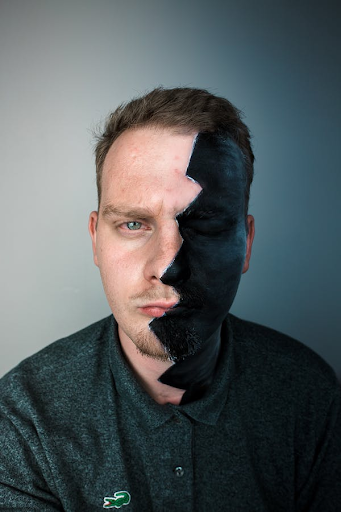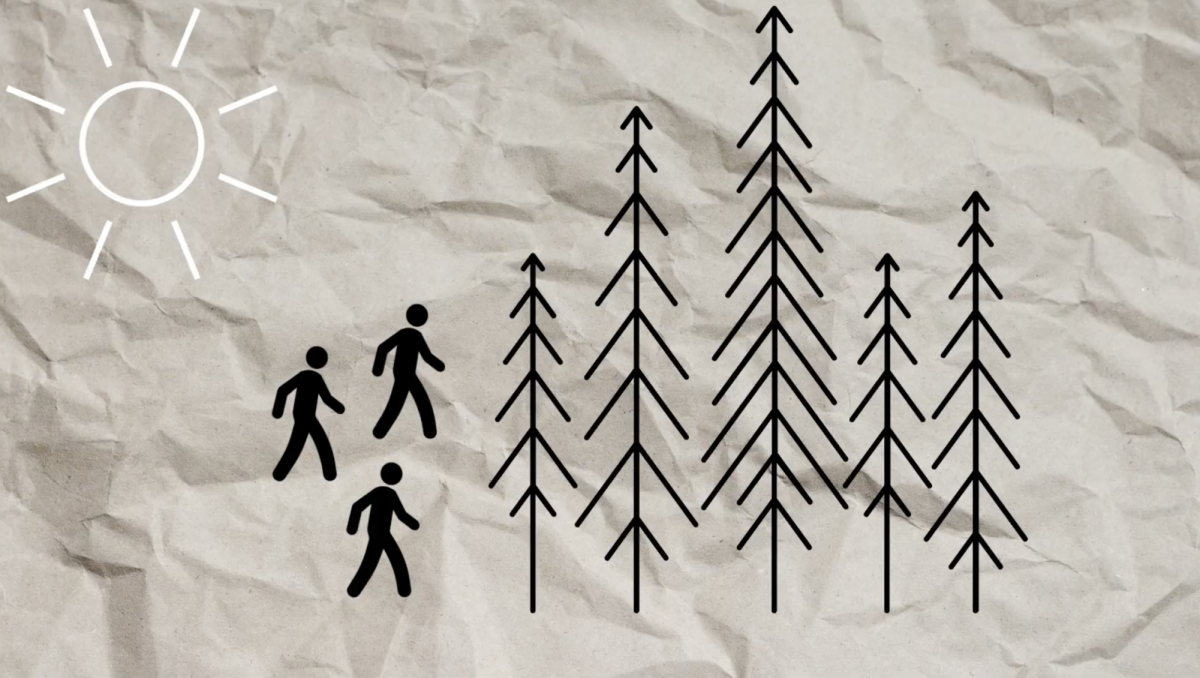Something may have happened in the past, something you wish you never did or could have prevented to happen.
This could be something as small as not grabbing a snack before you leave home or as big as being unable to prevent a loved one’s death or disappearance. Some might have wondered “Why do I feel sad or depressed over this specific situation?” Like most, I have wondered this and have decided to delve deeper into why this phenomenon happens.
The five main characteristics of remorse are:
It focuses on the past:
The reason why regret feels so awful is that, by its nature, it implies that there is something you could have done, some choice you could have made, or some action you might have taken that would have made something good happen or avoided something terrible. As I like to call it, it is a “past-tense emotion.”
It is a negative, aversive emotion:
Constantly ruminating on past regrets can lead to symptoms such as anxiety, depression, poor self-esteem, helplessness, and feelings of hopelessness. Future fear of regret can also influence your behavior.
It focuses on aspects of the self:
Simply put, an individual is composed of three basic (although very distinct) aspects of the self. They are the physical or tangible aspects as they relate to the body, the intellectual and conscious aspects as they compare to the mind, and the emotional and intuitive aspects as they associate to the spirit.
It leads to upward comparisons:
This occurs when people compare themselves to someone they perceive to be superior.
It often involves self-blame:
This is one of the most toxic forms of emotional abuse. It amplifies our perceived inadequacies, whether real or imagined, and paralyzes us before we can even begin to move forward.
The high school’s guidance counselors were asked for their input on this topic, the following are the quotes I obtained while speaking to them:
Ms. Howard
When people have remorse or regret, it tends to be at the end of their life. They may have wished they would have dared to do something different, travel, play more, or work less.
We tend to take our health for granted, and when the time comes to reflect many have such feelings like remorse or regret. It’s important to honor what is important to you as a person and to be true to yourself, vs. caring what others think/ want you to be. We can easily fall out of alignment about what is important to us with our daily grind of work and chores.
Mrs. Millard
The regret and remorse I have about situations will tend to change depending on just myself or others (for example, I regret getting that tattoo and am annoyed with myself because of that, or I regret saying that mean thing to a girl 20 years ago.)
For some, the characteristics of remorse or regret manifest like other mental illnesses, like anxiety, and will cause hurt feelings. In High schoolers, it will sometimes come out in different emotions, as adolescence is a challenging time for these things to appear in varying ways.
Mr. Smith
Both regret and remorse are common feelings associated with making a mistake. Where they differ is that you can have regret for making a mistake without feeling remorse but you can’t have remorse without also having regret. Meaning, that to have remorse you must be able to understand the impact of what you have done and how it affected someone else. Remorse can be a healthy response to a regretful mistake. I would be most concerned for someone who has neither regret nor remorse for a mistake they made. I would also be concerned for someone who has regret but no remorse. Everyone makes mistakes but it is your response to a mistake that matters.
The key is to own your mistake, feel bad for what you have done, and make amends to those you impacted. Sometimes you need to make amends with yourself as well which involves forgiving yourself. This is essential to healing, getting better, and growing. If one gets stuck in chronic regret or remorse it can have great negative consequences to one’s life. One could start to feel toxic shame and/or guilt which could impact relationships, appetite, sleeping, and ability to function. If this is the case, this person needs to reach out to a mental health professional. A good place to start may be to talk with your school counselor who can assist you moving forward.
Overall, I think the effects of remorse are extremely important to be aware of. Hopefully, after being able to recognize them, you may be able to help others from making a negative impact on their life.
For additional information, go to these websites:



















